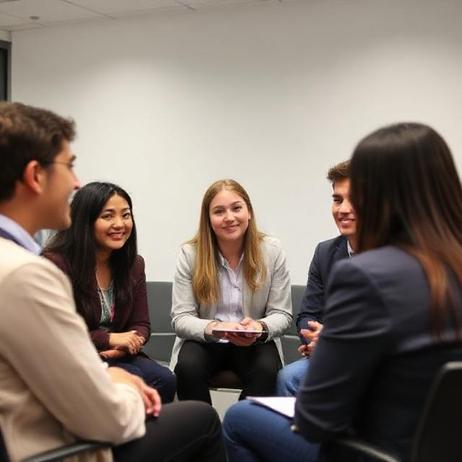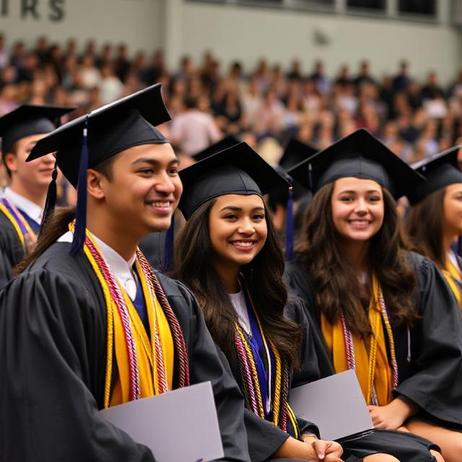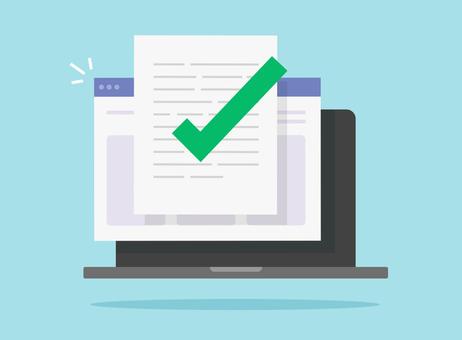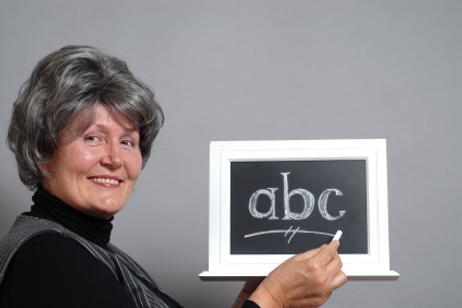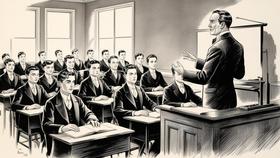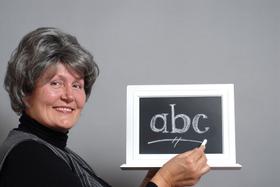Industry Partnerships: How Private Schools Partner With Employers to Expand Internship Opportunities
Private elementary, middle, and high schools are strengthening their focus on real-world learning. Families increasingly expect schools to offer experiences that help students explore careers, build practical skills, and understand the workplace long before college. In 2025, internships and industry partnerships have become essential components of a well-rounded private school education.
This updated guide explains how private schools collaborate with employers, why these partnerships matter for students and families, which models work best, and what effective programs look like today. It also offers practical guidance for parents, educators, and school leaders who want to evaluate or improve internship opportunities.
1. Why Internship Partnerships Matter
Internships help students connect academic learning with practical skills. For younger students, early exposure builds confidence and motivates future academic choices. For high-school students, internships support college essays, demonstrate initiative, and help clarify academic or career interests.
For employers, partnerships with schools provide an opportunity to support their local community, develop future talent, and introduce students to growing fields such as advanced manufacturing, healthcare technology, cybersecurity, and environmental science.
For schools, internships strengthen curricular relevance, enhance college-counseling efforts, and help families understand the school’s commitment to student development beyond classroom instruction.
Internships also benefit students from a wider range of backgrounds when programs intentionally incorporate access, preparation, and mentorship. Schools that offer structured work-based learning can help level the playing field for

